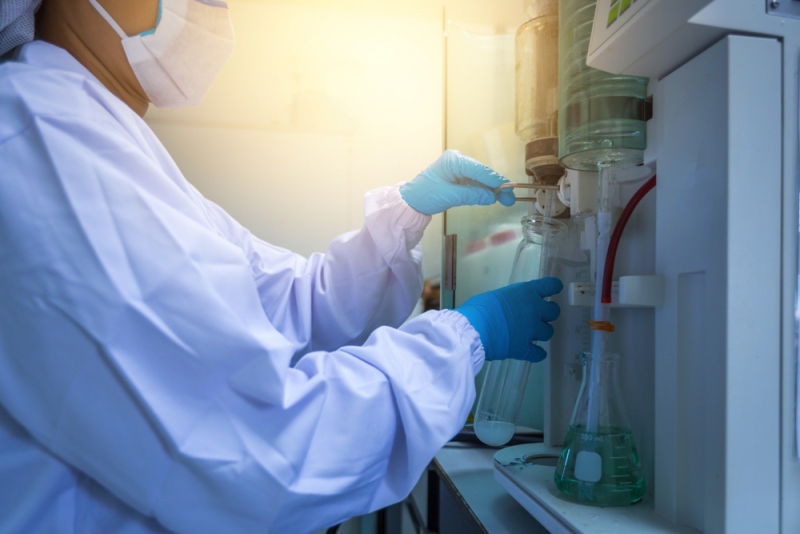Along with the desired effect, most prescriptive medicine may lead to unwanted side effects. Several of these could be due to impurities, which luckily can be removed with a new analytical method.
Many modern medicinal drugs are made from proteins. This is mainly because proteins can be custom made and, in this way, e.g. generate vaccines or treat specific diseases, such as diabetes and cancer. Unluckily, during the production of a specific proteins, other proteins also end up in the product and pose a threat to the patient.
Introducing the unwanted: Host Cell Proteins
The most crucial class of extra proteins found in the product is Host Cell Proteins (HCPs), which come from the host used to produce the drug. Common hosts include bacteria and yeast cells, since they are easy to control and manipulate. HCPs might affect the durability of the drug and how well it works in the human body, as well as cause allergic reactions. The allergic reactions arise from the foreignness of the proteins and resemble the body’s feedback when unwanted bacteria enter and cause sickness.

How to produce cleaner medicine
Various steps and documentation of quality control are needed before a new drug is allowed by the government and released for use in patients. Today’s methods for analysis of HCPs do not allow for an overview of specific HCPs or detection of HCPs in small amounts. Therefore, the analyses involved are not extensive enough and a more thorough approach must be introduced. With more knowledge on HCPs in present and future products, we could improve disease treatment, extend the drug durability and decrease numerous side effects. Luckily, HCP analysis have recently improved significantly.
The key to future medicine production
Now, the method called ELISA is the most widely applied for HCP analysis, because medicine approval agencies are not yet convinced by new techniques. ELISA is old school and depends on antibodies from research animals sacrificed in the process to collect their blood. Despite this, ELISA is governmentally approved and favourable for medicinal producers. Predictions state that this is about to change with the establishment of mass spectrometry (MS) as an alternative to ELISA for host cell protein analysis. MS is more accurate and does not need a year-long period of antibody production with research animals. MS can detect the smallest proteins in tiny amounts and thus determine the levels of all HCPs in a drug product. In this way, it is possible to remove HCPs before they reach the patient and affect the drug efficiency, as well as cause side effects with unknown implications on a long-term basis.


